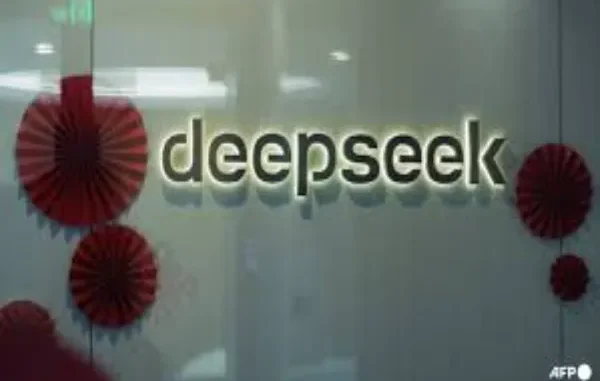
Following DeepSeek’s failure to answer a data privacy probe, South Korea has temporarily banned government staff members from using the new Chinese artificial intelligence model.
Officials said earlier that the government sent a notice warning departments and agencies to use caution while using AI services such as DeepSeek and ChatGPT in the workplace.
What Are Local Departments Saying?
Earlier this month, state-run Korea Hydro & Nuclear Power revealed that it had limited access to AI services like DeepSeek.
Officials said South Korea’s defense ministry had blocked access to DeepSeek on military-use computers. According to Yonhap News Agency, the foreign ministry has also blocked DeepSeek for devices connected to outside networks. Nevertheless, the ministry refrained from commenting on the specifics of its security policies.
Whether the ministries had taken any action against ChatGPT was not known.
AI and Internet Censorship Across the World
Different nations approach artificial intelligence and internet content management in different ways. With the government tightly controlling artificial intelligence development and online platforms via the “Great Firewall,” internet censorship is among the worst in China, among other countries. International tech giants face strict scrutiny there, and AI chatbots and search engines are required to align with approved narratives or face government restrictions.
The European Union is developing rules for artificial intelligence (AI) through the AI Act. This act plans to classify and manage AI according to the risk it poses. The EU encourages new ideas but has strict rules about data privacy, which impacts AI services that handle private user data.
In the meantime, the United States adopted a more open-market strategy, but privacy problems and false information produced by AI cause increasing worry. Constant regulatory debates center on AI’s involvement in internet safety and electoral integrity.
Countries like the UAE and Saudi Arabia in the Middle East have embraced artificial intelligence for economic development while keeping stringent limits on internet content, barring websites contradicting political and cultural standards. The availability of unrestricted information may be limited by AI algorithms in several areas.
Online gambling is often a key focus of internet censorship policies in many countries. For years, most governments have adopted a strict attitude toward internet gambling, enforcing strong prohibitions or severe rules to slow its expansion. Many contend that internet casinos expose dangers, including addiction, fraud, and money laundering, which causes nations to limit or severely restrict access to gaming sites.
However, several countries are beginning to realize that properly regulated online gambling can provide economic benefits while ensuring consumer protection. For example, online gambling in New Zealand has been a gray area for many years. However, the government has taken steps to legalize it under a regulatory framework.
Casinos online in NZ will operate under new regulations from 2026 and will significantly contribute to the New Zealand economy. Government oversight will also ensure maximum customer protection.
With the UK Gambling Commission implementing rigorous rules to guarantee fair play, prevent addiction, and fight financial crimes, the country has long been a model of controlled online gambling. In recent years, Canada has also gone toward legalization, letting each province control and license internet gambling companies.
Conclusion
Governments worldwide will probably introduce more sophisticated rules and regulations as artificial intelligence develops and internet gaming expands. The difficulty is still balancing ethical issues with security, creativity, and personal liberties. Digital censorship and control will remain hot issues in the years ahead, whether AI services like DeepSeek or online casinos in New Zealand and abroad.

Leave a Reply